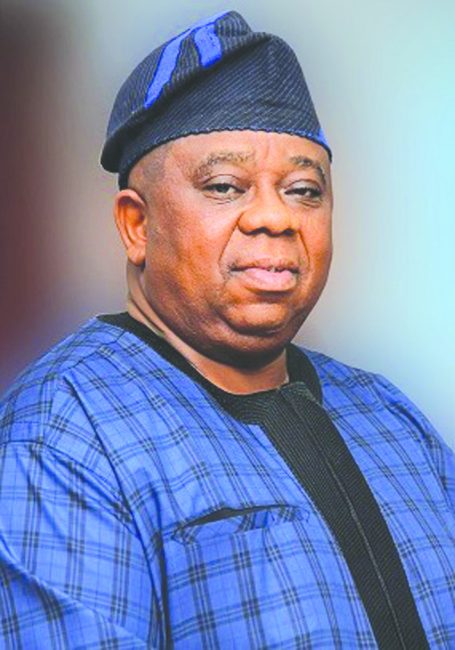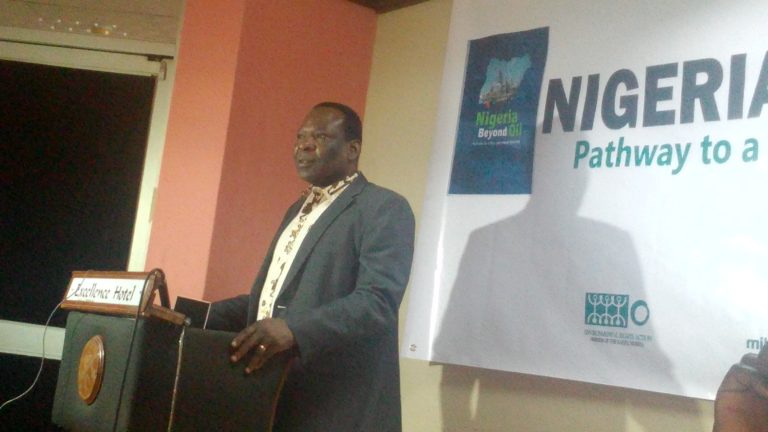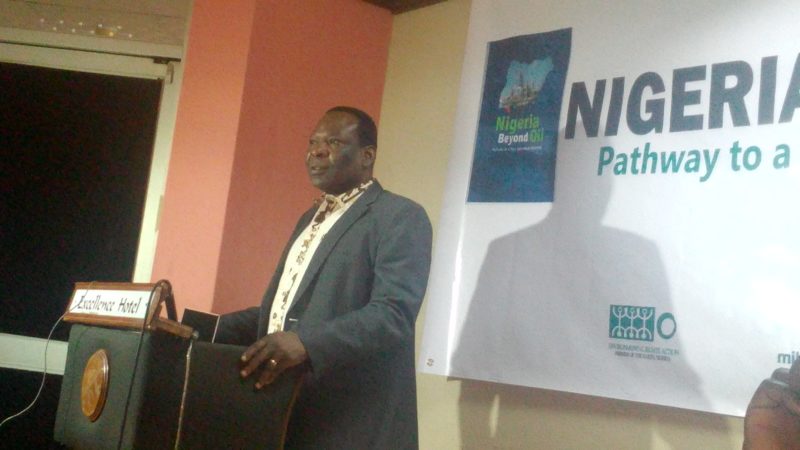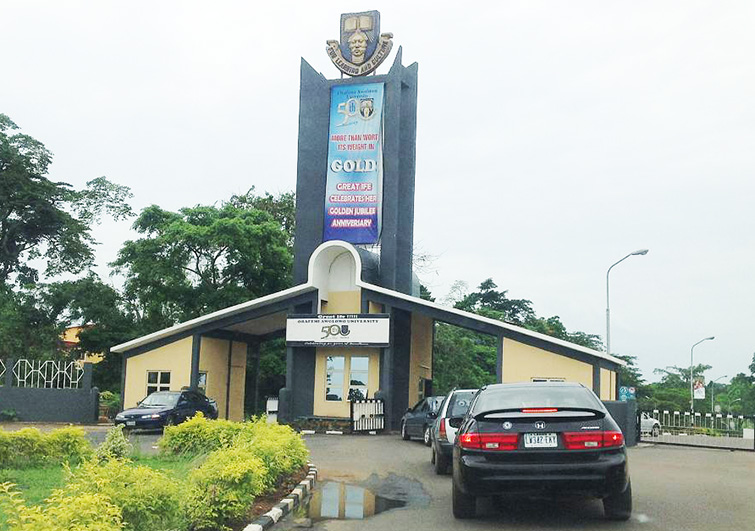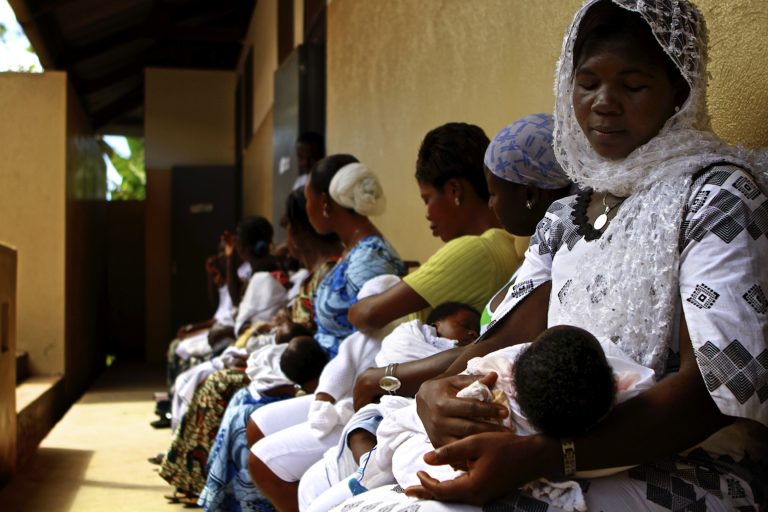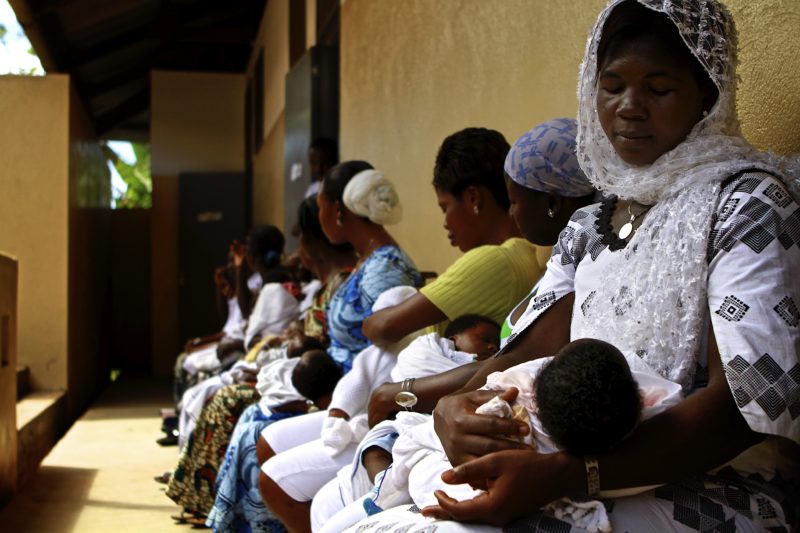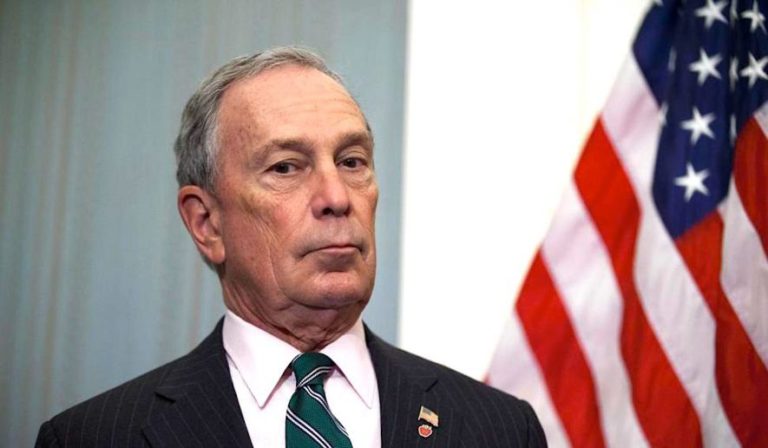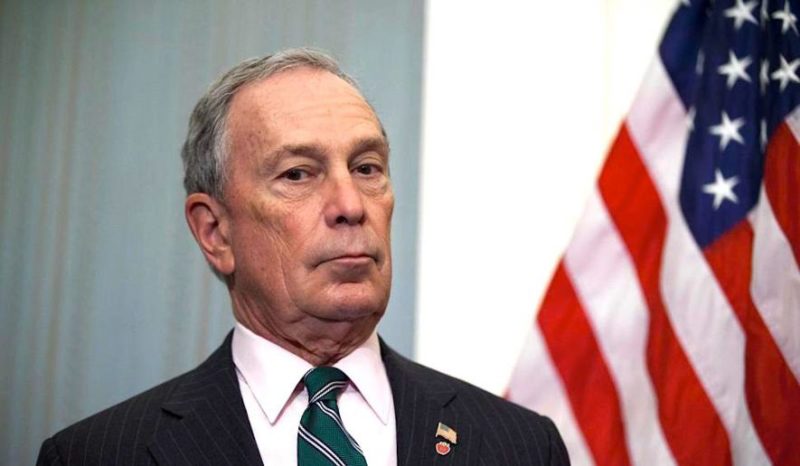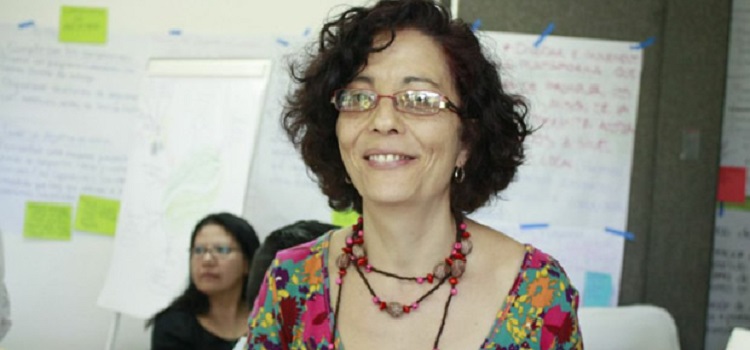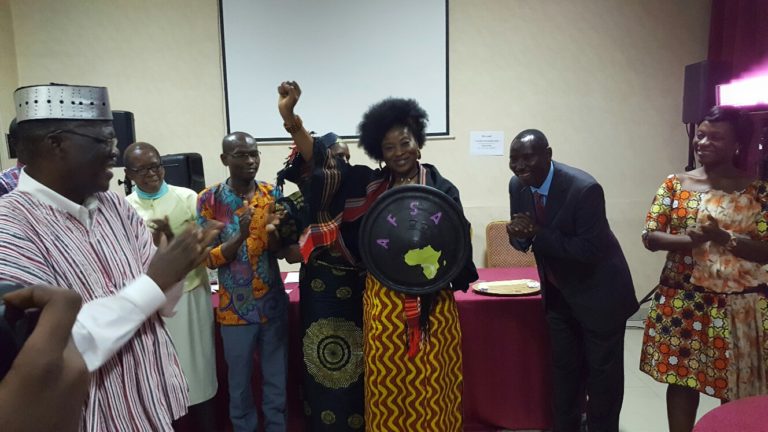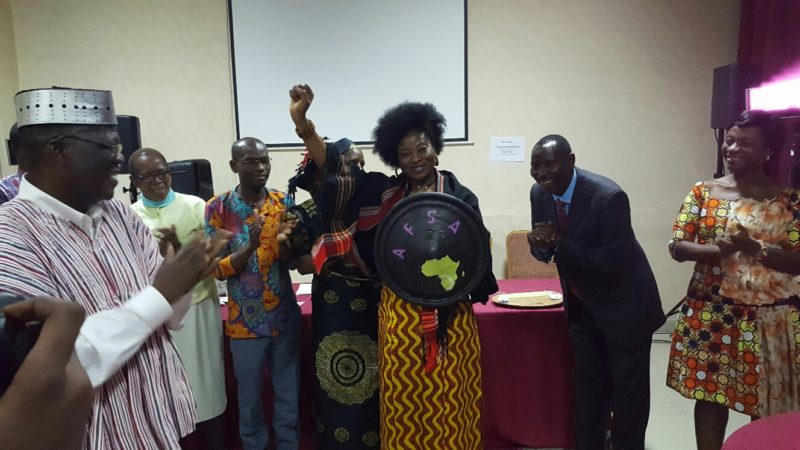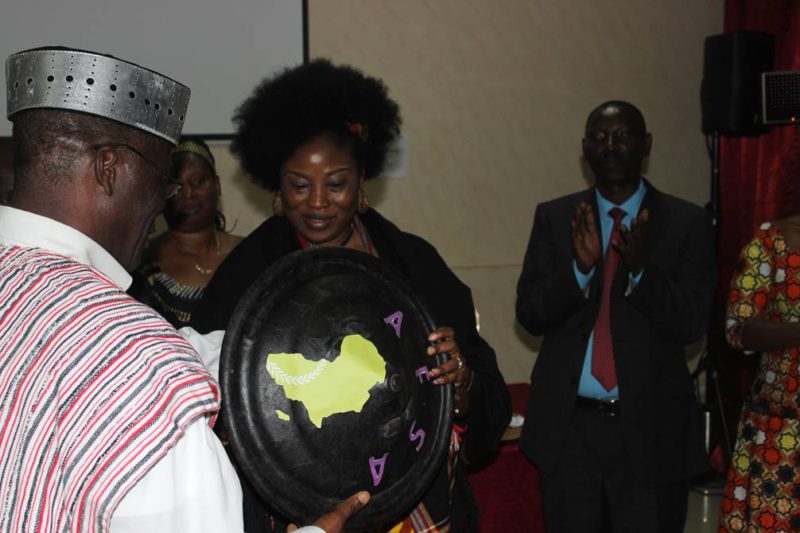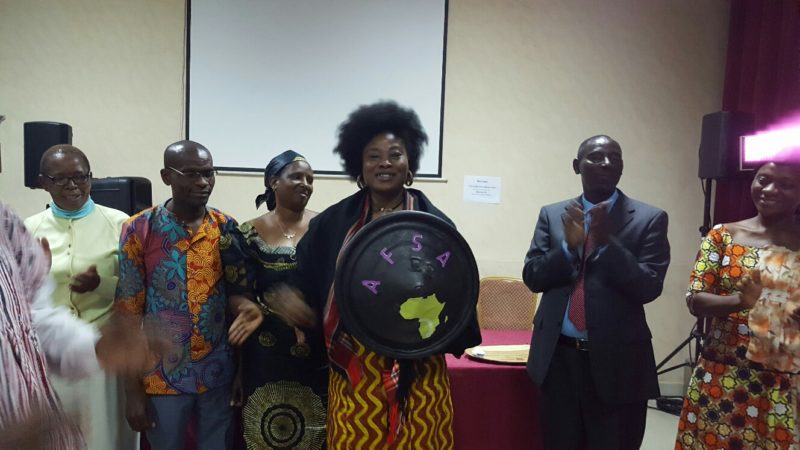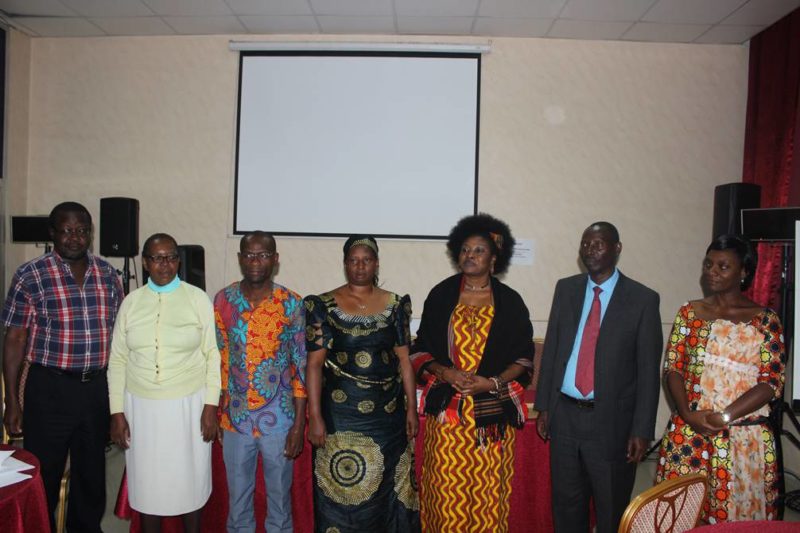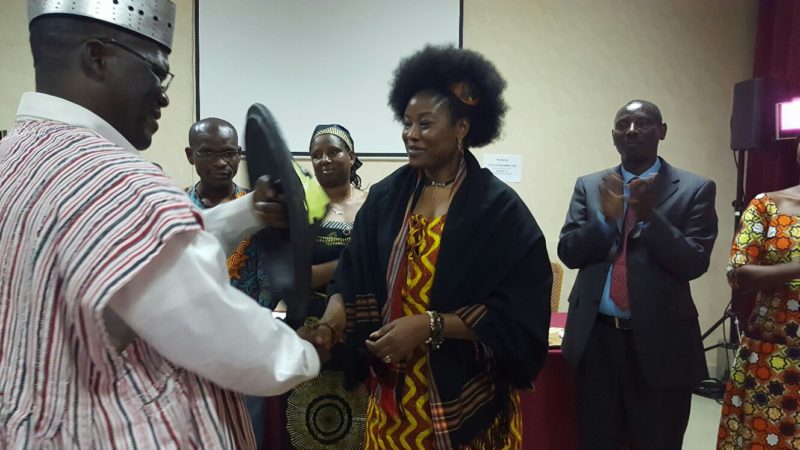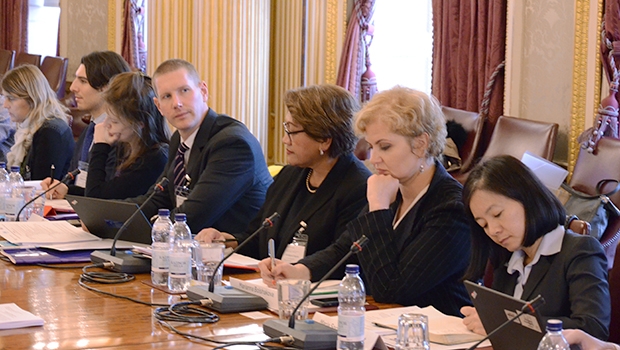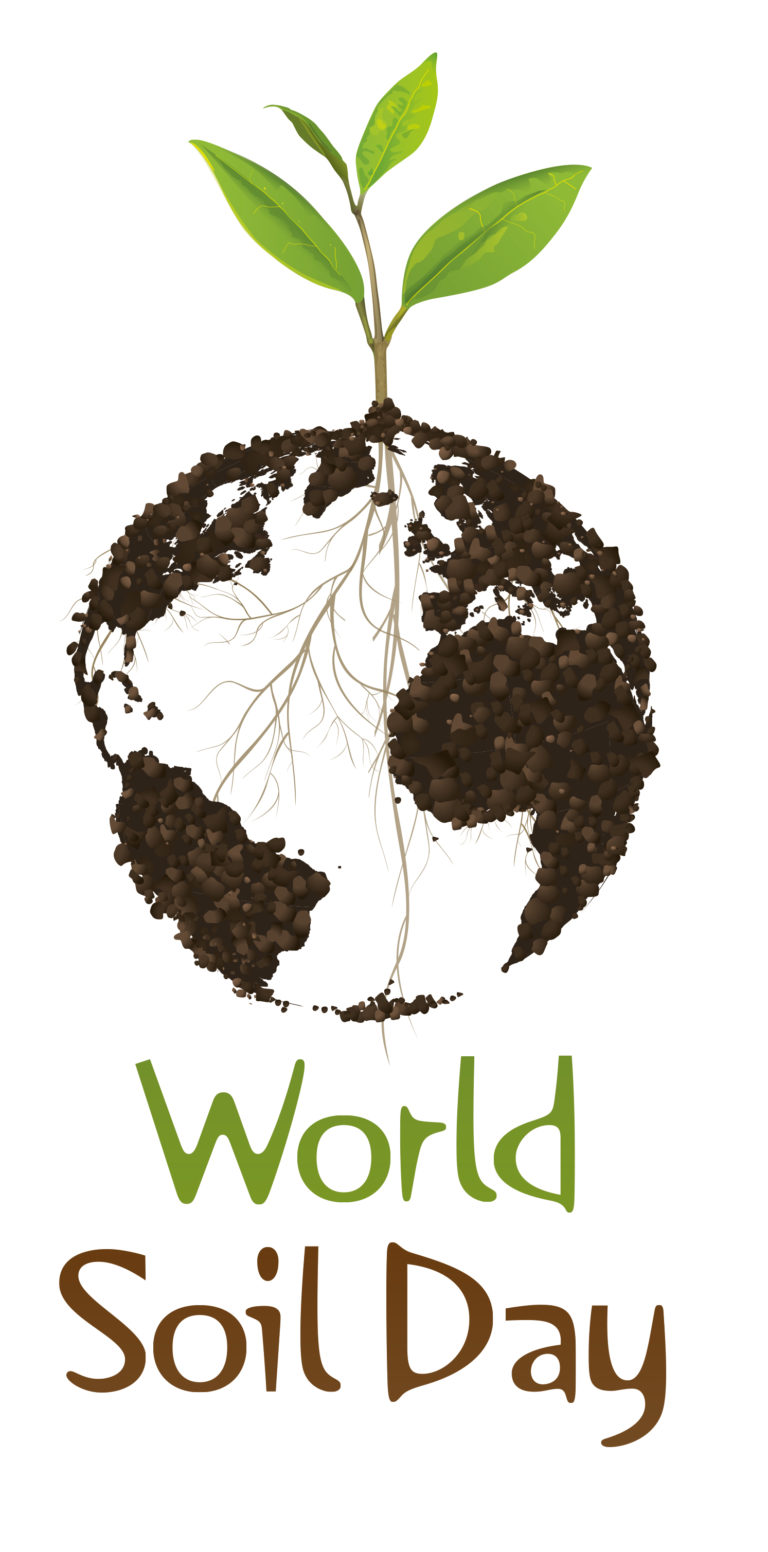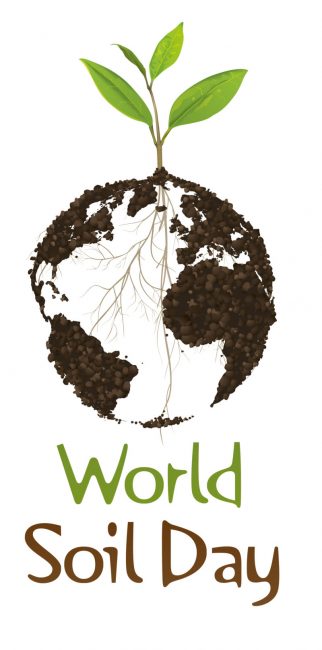A package of reforms in the wobbly waste management sector, designed to transform the environment and economy of the bustling city-state, was unveiled on Tuesday, December 6, 2016 by the Lagos State Government.
Tagged the “Cleaner Lagos Initiative”, the scheme, according to state officials, was informed by numerous flaws in the structure as well as dynamics of the existing system.
Commissioner for the Environment, Dr Samuel Adejare, at a media session, disclosed that, besides creating the enabling environment for the private sector to harness international best practices, the Cleaner Lagos Initiative is likewise concerned with addressing the existing challenges in solid waste management in the state.
Dr Adejare, who was in the company of the Commissioner for Information & Strategy, Mr Steve Ayorinde, added: “Cleaner Lagos Initiative aims to protect the environment, human health and social living standards of Lagos residents by promoting a harmonised and holistic approach to the challenges thereby ensuring improved operational efficiency; and addressing the lacunae in the existing legislation to expand the scope of the Lagos Waste Management Authority (LAWMA) to enable it enforce, regulate and generate revenue from the waste management process.”
Describing the scenario as a “Broken system,” the commissioner lamented that several factors had colluded to stall the hitherto smooth running of the state’s waste management process.
He listed some of these to include:
- Regular waste collection hindered by a vicious cycle between clients and operators as poor collection service delivery leads to irregular and poor payments.
- Bin placement, transfer loading stations, and other supporting infrastructure have been ignored and undue attention placed on waste collection only.
- LAWMA in its role as regulator is overwhelmed by the responsibilities of having to coordinate the activities of 350 individual companies and still carry out its own collection services.
- The billing system is unduly complicated due to the differences and inconsistencies in charges and collection routes therefore leaving the billing system open to manipulation and fraud.
- Many individual operators have failed to fulfil their obligations on the trucks.
To address the situation, he stressed that, apart from the transformation of the existing Transfer Loading Station (TLS) and the introduction of no less that 25 Material Revolving Facility (MRF) where wastes will be sorted, 600 new compactor vehicles will be acquired, and waste dumpsites will be closed and replaced with engineered sanitary landfill sites.
His words: “The PSP and LAWMA partnership was quite effective, but is no longer applicable, considering the fact that the population of Lagos has increased several fold (and still increasing) and the over 300 compactors in use are old and in a state of dis-use. Wastes should not bring us hardship and shame, but rather we should make money from it. Emphasis will be on zero-dumping, recycling and generation of power from wastes.”
According to him, government will carry out a recertification of all the 350 PSP operators, relicense them and audit the state of their compactors.
“Each compactor will be tracked, the state will be divided into zones and compactors are allocated to different zones,” Dr Adejare said, adding that there will be a control room where every compactor will be monitored.
He noted that five new power stations – one in each division in the state – will be built to generate poer from wastes, and that the numerous dumpsites dotting parts of the state will soon be a thing of the past.
He said: “We will close down Olusosun and Solus (dumpsites) sometime next year. Dumpsites are dangerous to health and the environment. The leachate and gas to be recovered from the proposed sanitary landfills will be put to good use.
“We plan to regenerate Olusosun and turn it into a park, where intercity buses will end their journey and would no longer be allowed to enter into the city. Passengers will from here now take taxis and intra-city buses to their destinations in town.
“Also, we will have about 25,000 community sanitation workers who will be engaged mostly as street sweepers. They will be well kitted with decent uniforms, gloves, boots, pickers, brushes, carts as well as mobile phones with which to communicate with the control centre. And they will be well paid.
“Every sanitation worker will reside in the Ward they operate for convenience and to curb high cost of transport to work. They will be well trained and given an attractive welfare package. In all, we hope to generate a total of 46,000 new jobs.
“A law is in the works to back and support the Cleaner Lagos Initiative. It will allow big-time players in the waste management sector to do business with us. Lagosians will be required to pay a public utility levy (PUL), which is not a tax but something similar to what is currently being paid to PSP operators. Part of the PUL goes into an Environment Trust Fund. The Initiative will naturally send the cart pushers packing.”
The state government is considering sites in Badagry, Epe and Ikorodu for the about five sanitary landfills being proposed.
Defending the cancellation of the monthly sanitation exercise, the commissioner said: “We lose so much money on our sanitation day. No other place in the world is a whole city completely shut down and movements restricted. Lagos is a growing megacity and this is not desireable. Besides, care for the environment should be an everyday thing. We need to realise that we should clean our environment and make such an habit a part of us.”

